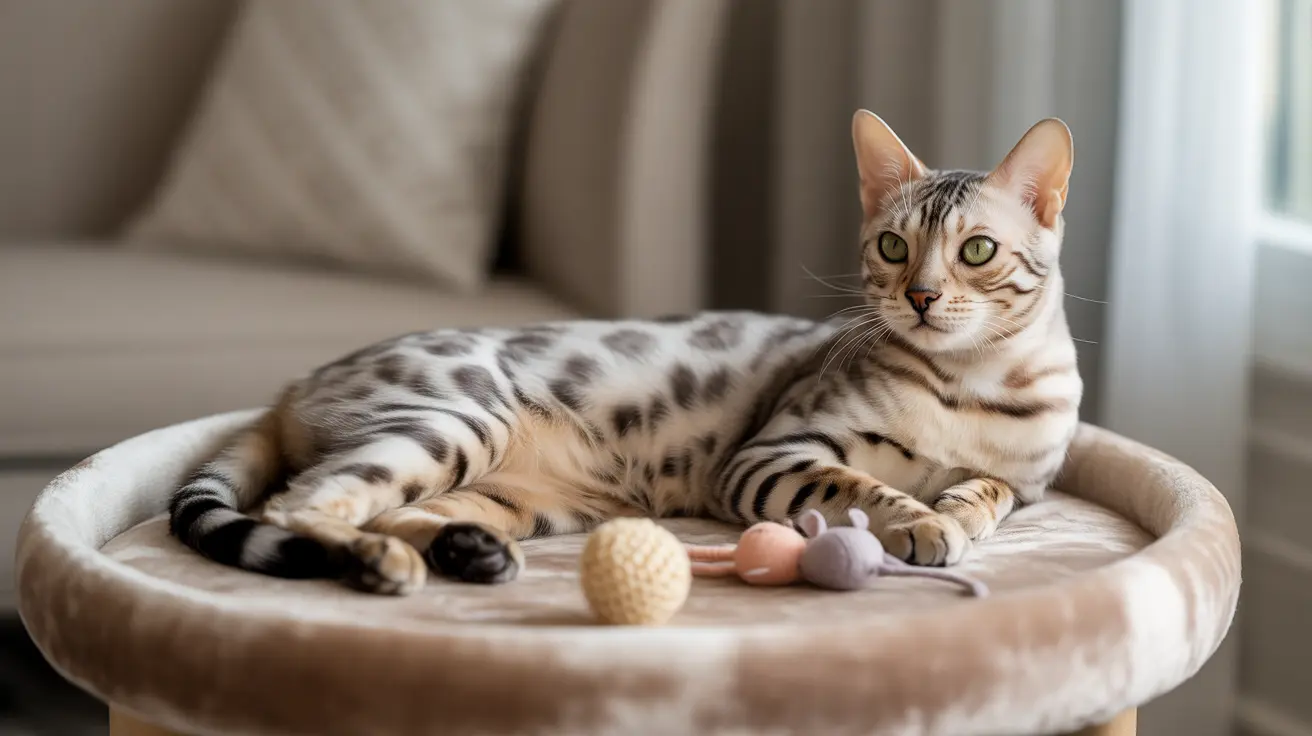Understanding Catnip and Its Effects
Catnip (Nepeta cataria) contains nepetalactone, a natural compound that triggers behavioral changes in approximately 70% of cats. This essential oil interacts with the cat's olfactory system, leading to temporary euphoria or relaxation, depending on whether the cat sniffs or ingests it.
- Rolling and rubbing against surfaces
- Increased playfulness and activity
- Purring and drooling
- Temporary behavioral changes lasting 5-15 minutes
Why Pregnant Cats Should Avoid Catnip
Uterine Stimulation Risks
The primary concern with giving catnip to pregnant cats is its potential to stimulate the uterus. Nepetalactone can trigger uterine contractions, which may lead to premature labor or complications during pregnancy.
Potential Effects on Developing Kittens
Research indicates that catnip compounds can cross the placental barrier. Since the effects on developing kittens are unknown, veterinarians recommend erring on the side of caution and avoiding catnip entirely during pregnancy.
Physical Activity Concerns
Catnip often induces heightened physical activity, which could put unnecessary strain on a pregnant cat's body. This increased activity level might risk injury to both the mother and her unborn kittens.
Safe Alternatives for Pregnant Cats
Instead of catnip, consider these safer enrichment options for your pregnant cat:
- Gentle interactive toys
- Cozy resting spots
- Scratching posts
- Quiet play sessions
- Window perches for environmental enrichment
Post-Pregnancy Considerations
While nursing cats can generally have catnip safely, it's best to wait until after the weaning period. This ensures that any potential effects won't interfere with maternal care behaviors or milk production.
Frequently Asked Questions
Can pregnant cats safely have catnip without risking their health or their kittens?
No, pregnant cats should not have catnip. The risks of uterine stimulation and potential effects on developing kittens make it unsafe during pregnancy.
Why do veterinarians advise against giving catnip to pregnant cats?
Veterinarians advise against catnip use in pregnant cats because it can stimulate uterine contractions, potentially causing premature labor, and its compounds can cross the placental barrier with unknown effects on developing kittens.
What are the potential effects of catnip on the uterus and labor in pregnant cats?
Catnip's active compound, nepetalactone, can stimulate the uterus, potentially triggering contractions that could lead to premature labor or pregnancy complications.
Is it safe to give catnip to nursing cats or kittens, and at what age do kittens start reacting to catnip?
Nursing cats can generally have catnip safely, though some experts recommend waiting until after weaning. Kittens typically don't react to catnip until they reach sexual maturity, around 3-6 months of age.
What should I do if my pregnant cat accidentally consumes catnip?
If your pregnant cat accidentally consumes catnip, monitor her closely for signs of distress or early labor. Contact your veterinarian immediately if you notice any concerning symptoms such as restlessness, excessive vocalization, or abdominal discomfort.
Conclusion
While catnip is a beloved treat for most cats, it's essential to prioritize the safety of pregnant cats and their unborn kittens by avoiding catnip during pregnancy. Focus on providing alternative forms of enrichment and comfort during this crucial time, and always consult with your veterinarian about any concerns regarding your pregnant cat's care.






